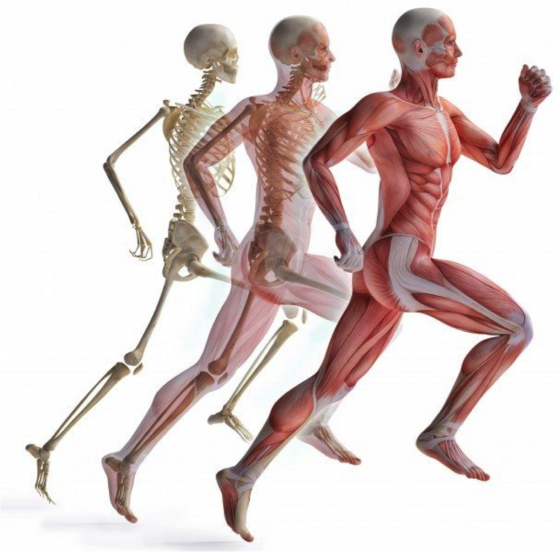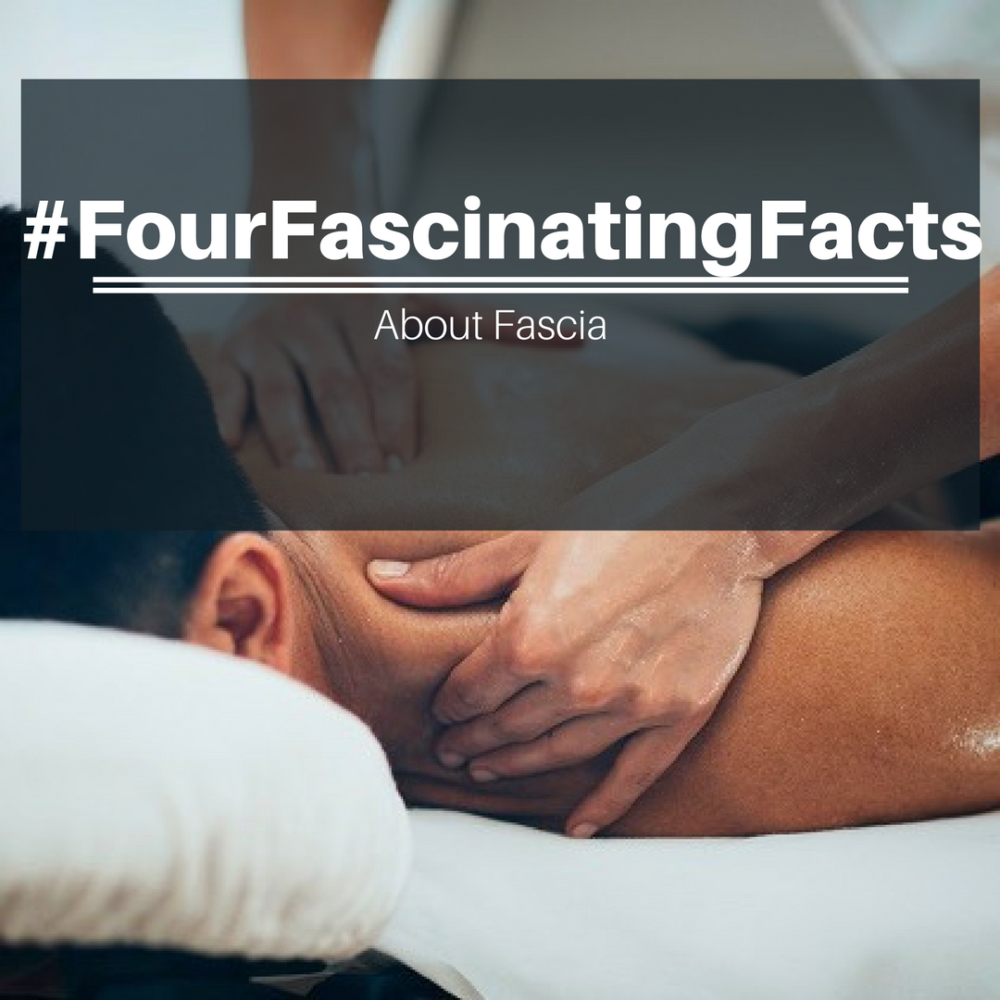Fascia? What on Earth is Fascia?!
Don’t worry, we’ve all asked the same question! So we’ve gathered some facts about fascia to help you understand the important role it plays in your body.
Anybody that has met me knows that I am a huge fan of analogies.
Here’s a great one I came across recently:
Compare your fascia to a shirt… (stay with me here!) – If your shirt is tight and knotted at the bottom near your left hip, it will affect the way your shirt rests on your body elsewhere. If the knot is tight enough, it can wreak havoc with the way the shirt rests all the way up at the neckline. Now, apply this to your fascia – if it is tense and inflexible in one area, it will pull and affect all other neighbouring areas.
What is Fascia?
Simply put, fascia is the cling-wrap that holds everything together. Made up of sticky, fibrous, and wet proteins (mainly collagen and elastin), it is responsible for our movement, stability, and plays an integral role in injury and dysfunction recovery.

1. Fascia is Everywhere!
Surrounding each muscle, binding muscles to each other, joining muscle and skin, creating connections in seemingly separate body regions… The list goes on! Fascia is the “skeleton” the connects your whole musculoskeletal system.
2. There are 3 layers
– Superficial
– Deep
– Visceral
The superficial fascia blends with the dermis (which is a deep layer of skin); the deep fascia covers your muscles, bones, nerves and blood vessels; and the visceral fascia wraps your organs with layers of connective tissue membranes.
3. Is fascia the richest sensory organ in the body?
Did you know that we have ten times more proprioceptors (the feelers that communicate with our brain) in fascia than we do in muscle? Research shows that our fascial network may even rival the retina (in our eye), which insofar has been considered our richest sensory organ! When our fascia is sticky we not only are more prone to injury, but our body awareness becomes limited.
4. Rome wasn’t built in a day.
Fascia can take between 6-24 months to show lasting change. Practice gentle perseverance to coax fascial change in your body
So what do you do about misbehaving fascia?
See a professional!
Book in for a consultation with one of the expert practitioners at Performance Medicine
03 9686 2373
**Keep an eye out for relevant blogs coming soon on Cupping and how it can help your fascia reach its potential**


